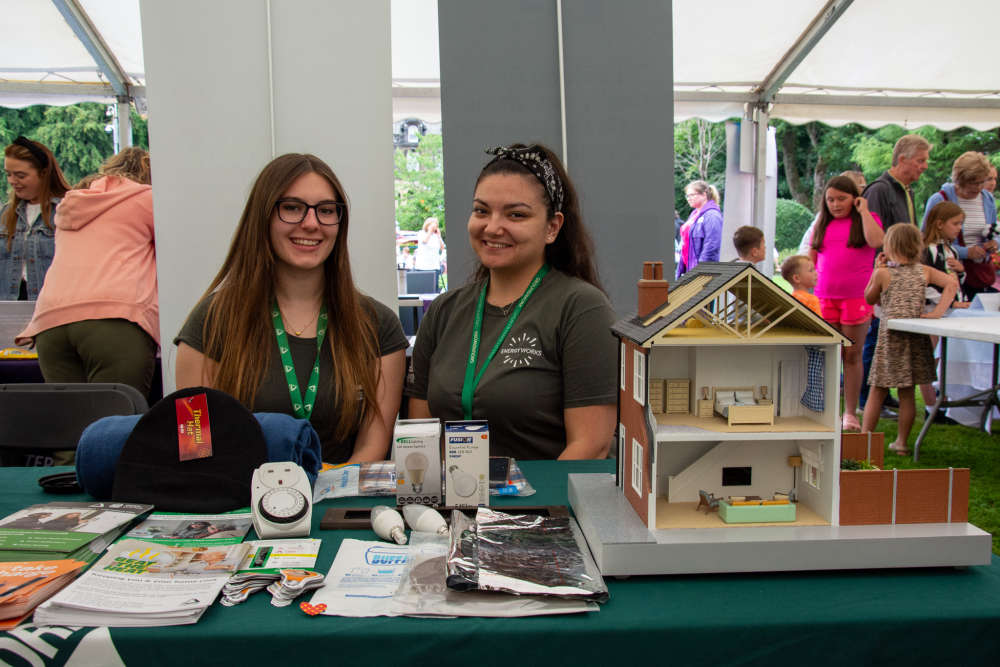
A new campaign has been launched to help households and communities across Greater Manchester prepare for the growing risks of extreme weather as global temperatures continue to rise.
With heatwaves and flooding becoming more frequent – and Manchester recently ranked the third most vulnerable place in the UK for climate-related hazards – environmental charity Groundwork Greater Manchester is rolling out its Beat the Heat campaign this summer.
The initiative is delivering free education and advice to residents, focusing on how to stay cool, safe, and hydrated during extreme heat, especially for those most at risk. Groundwork teams will visit parks and community centres across the region to share practical tips and resources.
The charity’s successful Green Doctor programme, known for helping families keep warm and tackle damp during winter, is also being extended to support households through the summer months. Over the past year, the service has carried out 19,200 visits nationwide, delivering potential household savings of £4.2 million and reducing carbon emissions by 8.5 million kilograms.
The launch comes as the Met Office confirms that extremes of heat and rainfall are becoming more common in the UK. Research warns that poorly insulated, densely built homes are especially vulnerable to rising temperatures, with an estimated 7,000 heat-related deaths expected by 2050 if action is not taken.
Phil Treaton, Strategic Lead for Fuel Poverty, Retrofit & Homes at Groundwork Greater Manchester, said: “Climate change is no longer just a threat in winter - our summers are getting dangerously hot too. In Greater Manchester, these events are already unmistakable.
“The 2025 New Year’s Day floods saw the River Tame and River Mersey reach record highs, evacuating nearly 1,000 people and triggering a major emergency. The extreme heat that we saw during July 2022 is now becoming more common, and as a result we have already seen a third heatwave in 2025. All of these extreme weather events can be linked to the effects of climate change.
“By helping households and communities to be more prepared and resilient to the impact of rising temperatures, particularly those most vulnerable, we can reduce the impact of these events and help our communities to be safer, more comfortable, and better able to cope with our changing climate.
“Protecting and creating more green spaces is also going to be hugely important in tackling rising temperatures and increased flooding. By integrating nature-based solutions into our urban environments we will be able to cool and protect our homes and community spaces with ease.”


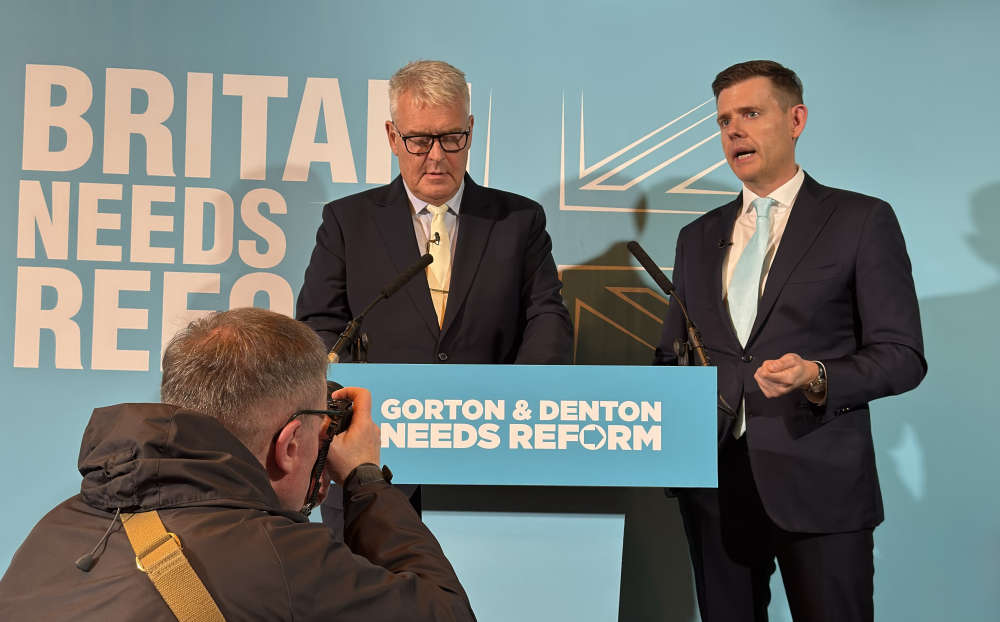 Reform UK candidate for Gorton and Denton by-election announced
Reform UK candidate for Gorton and Denton by-election announced
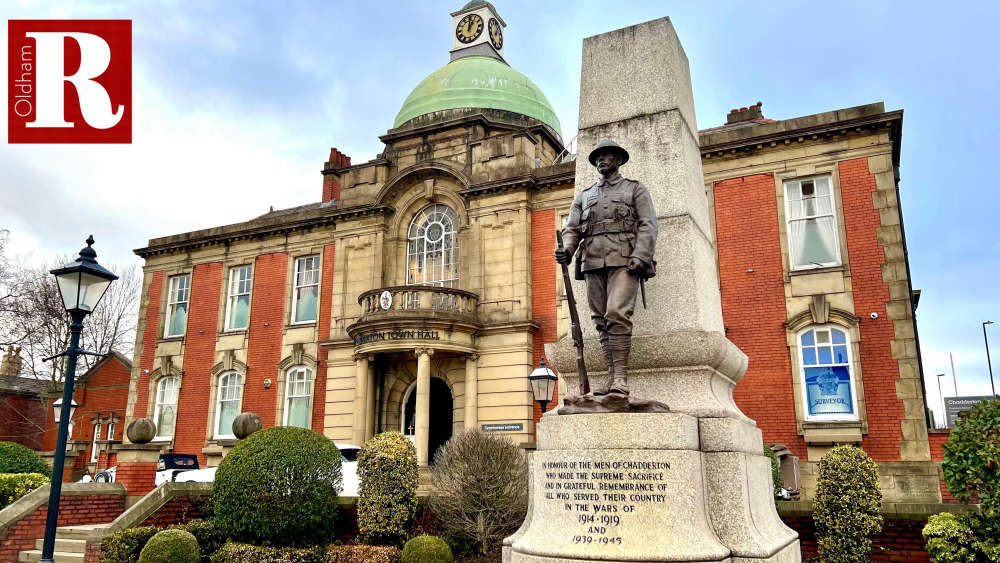 Chadderton Town Hall hosts first wedding fair
Chadderton Town Hall hosts first wedding fair
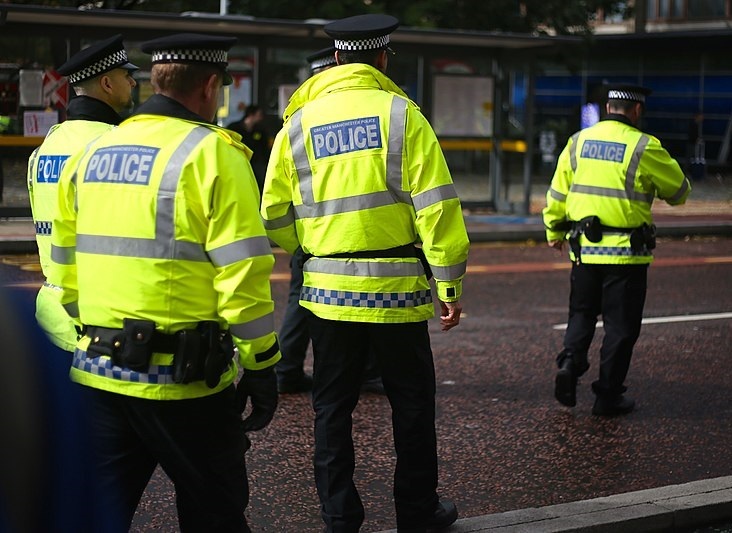 Police secure three month closure order on property suspected of offering sexual services in Failsworth
Police secure three month closure order on property suspected of offering sexual services in Failsworth
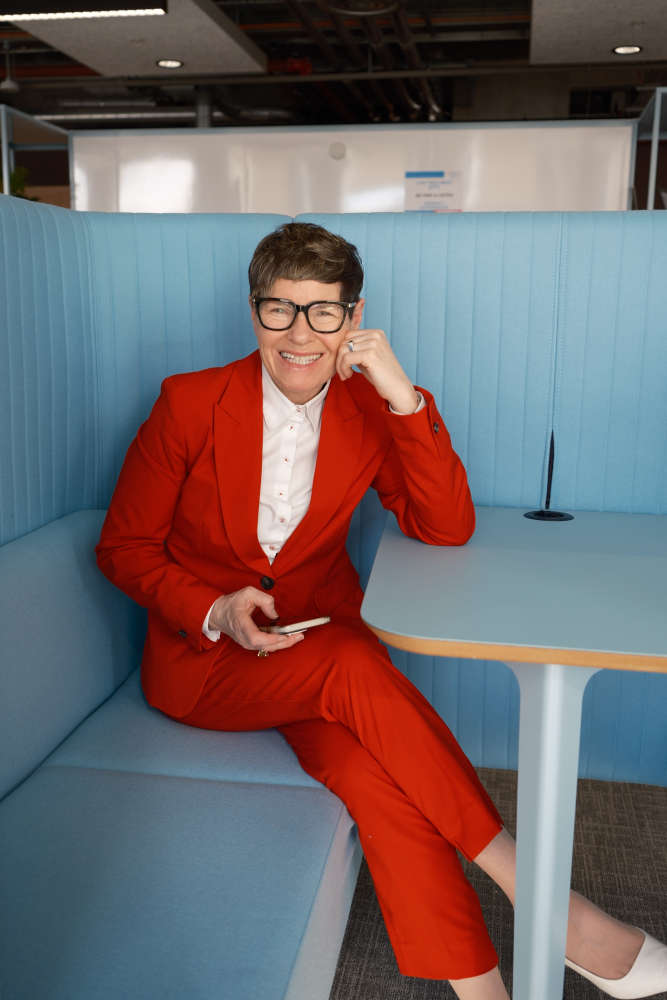 Signs of improvement for failing children’s services
Signs of improvement for failing children’s services


